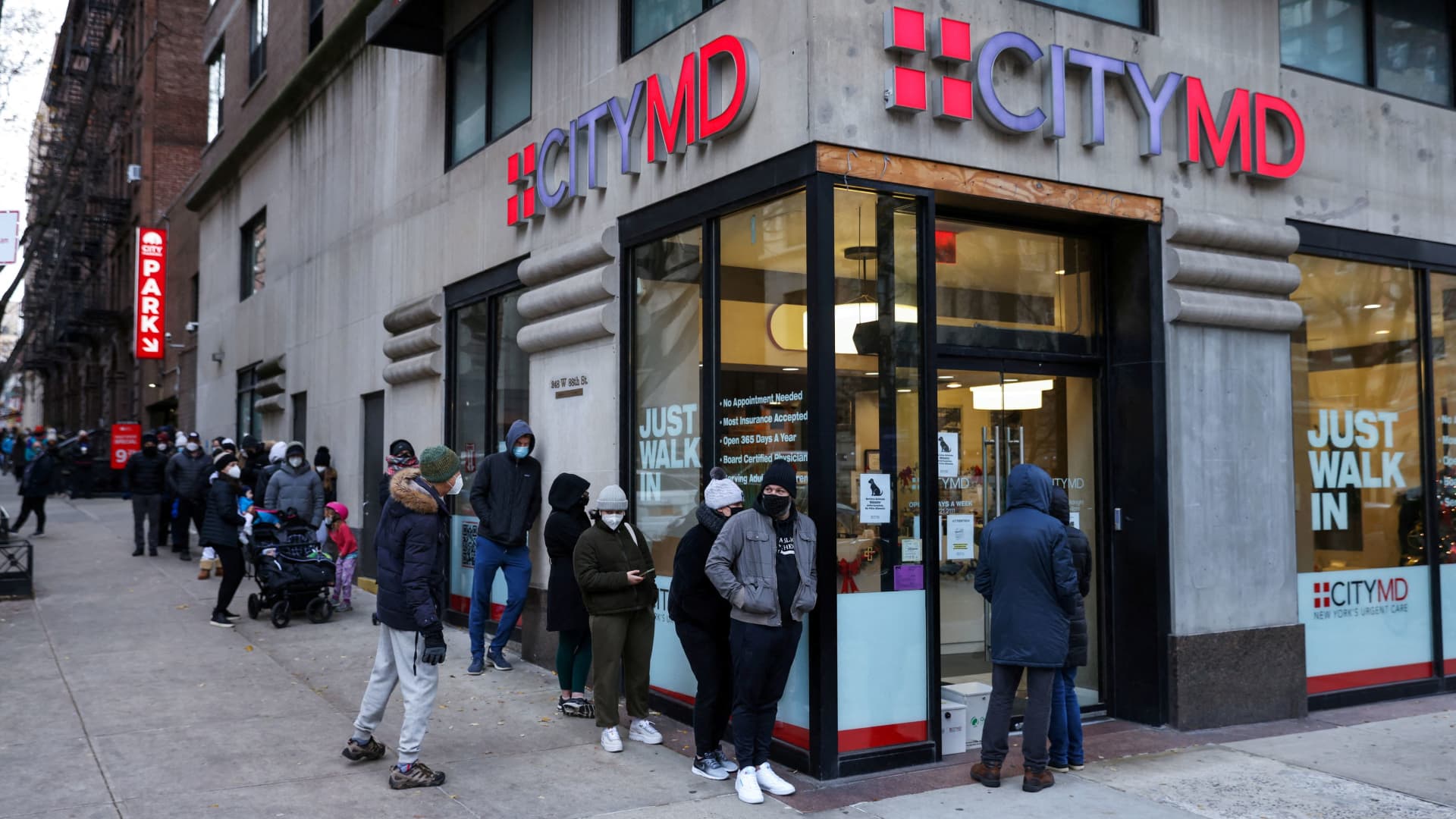Want to take control of your eye health? You should already be eating some of the best foods for your eyesight, including carrots, broccoli, and salmon. It is an absolute priority if you plan to take better care of your eyes. But it can be a challenge to stick to a balanced diet with the essential vitamins and nutrients your eyes need. You may want to choose vitamins and supplements to help cover whatever you’re missing as you work to strengthen your vision and avoid eye disease. Here are some of the best picks for eye health vitamins and eye supplements.
The best supplements for eyes and vision

In addition to a balanced diet, here are the six best vitamins and supplements to take for your eyes. Fortunately, you can get most of these added extras for less than $10.
Vitamin A
Vitamin A supports vision, the immune system, the heart, lungs, and overall growth and development. Specifically, vitamin A helps you see a full spectrum of light, as the vitamin produces pigments in the retina. It can also keep your eyes from drying out. You can find vitamin A in foods such as salmon, broccoli, fortified breakfast cereals, eggs and carrots.
You’ve probably heard about the magic of carrots. Yes, it’s true — carrots are great for your eyes. Carrots (and other brightly colored fruits and vegetables) are high in beta carotene, which is a compound your body uses to make vitamin A. Beta carotene it is also available in supplement form, although it is not as common as vitamin A and is often more expensive.
Vitamin C
Vitamin C is like sunscreen for your eyes — it helps protect them from UV damage. The more time you spend outdoors and in the sun, the greater the risk of injury. According to the American Academy of Ophthalmology, prolonged exposure to the sun can cause irreversible damage. Vitamin C may also lower the risk of cataracts, a disease that causes the lens of the eye to become cloudy. While a recent study found that vitamin C supplementation was effective in patients who were already deficient in vitamin C, more studies need to be conducted to truly understand the relationship between vitamin C and a lower risk of cataracts.
In addition to getting enough vitamin C, avoid tanning and if you’re outdoors, wear sunglasses and a hat to protect your eyes.
Omega-3
Optometrists regularly recommend their patients omega-3 – and if a patient is not getting enough of these fatty acids in their diet – a supplement. Omega-3 is mainly found in fatty fish such as tuna, salmon, mackerel or herring and some nuts and seeds.
The American Optometric Association points to omega-3 as a nutrient that can slow the progression of age-related macular degeneration. Studies have found that it can also help prevent dry eye disease. These nutrients are great for both conditions because of their anti-inflammatory effects.
Read more: The best multivitamin
Vitamin E
Another powerful antioxidant, vitamin E is vital to all our cells and cell functions. It helps protect our body from cancer-causing free radicals and plays an important role in vision. Studies have shown that vitamin E can help protect the retina from free radicals that can cause eye disease. Vitamin C, another antioxidant, has more regenerative properties. Vitamin E can only help protect the cells already there.
Vitamin E may also slow the progression of age-related macular degeneration. The American Optometric Association recommends 400 IU per day.
ZINC
Zinc is found in almost all multivitamins because it is an essential nutrient for the body. It is used to strengthen the immune system and help the body heal quickly from wounds. Zinc also helps with eye health.
Zinc helps vitamin A make melanin (a pigment that protects the eyes) and can protect the eyes from age-related macular degeneration. The American Optometric Association recommends 40 to 80 mg per day to slow progression.
Read more: The best zinc supplements
Lutein and zeaxanthin
Lutein and zeaxanthin are known to be important for our eyes. Lutein and zeaxanthin are carotenoids and are found in red and yellow fruits and vegetables, as these compounds give the products their vibrant colors. Carotenoids, also powerful antioxidants, are vital for eye health. They protect the eyes from free radicals that can cause damage. Lutein and zeaxanthin, specifically, have been found to prevent retinal damage.
These carotenoids may also slow the progression of age-related macular degeneration. The American Optometric Association recommends a daily amount of 10 mg of lutein and 2 mg of zeaxanthin.
While you can find lutein and zeaxanthin in supplement form, a bottle is on the more expensive side. You may find it better, easier and more affordable to eat more fruits and vegetables.
The dangers of vitamins for the eyes
Most vitamins and supplements are generally considered safe for humans to take because they are nutrients that your body naturally requires. You should always talk to your doctor before starting any supplement. Some vitamins and supplements can interact with various medications. Especially if you are pregnant or breastfeeding, consult a doctor first. Your doctor should be able to safely guide you on the best supplements and dosages.
Frequently asked questions about the best vitamins for eyes
Do eye vitamins really work?
Vitamins for your eyes are especially helpful when you are deficient in any of the vitamins essential for vision. These include vitamin A, vitamin C, vitamin E, omega-3, zinc, and lutein and zeaxanthin. Studies have found that these vitamins and nutrients can help protect your eyes and even slow the process of age-related eye diseases. While these supplements are not a cure, they support eye health.
What supplements can I take to improve my vision?
You can get vitamin A, vitamin C, vitamin E, omega-3, zinc and lutein and zeaxanthin. While all are available in supplement form at varying prices, you can get these vitamins and nutrients naturally in a balanced diet.
How can I restore my 20/20 vision naturally?
More studies need to be done to fully determine if 20/20 vision can be restored naturally, but there are many natural ways to protect the eyes and even improve eye health. These include limiting sun exposure, wearing UV sunglasses and hats, getting all the essential vitamins and minerals through diet or supplements, taking breaks from looking at screens, getting enough sleep and eye exercises.
#eye #health #vitamins #eye #supplements
Image Source : www.cnet.com



